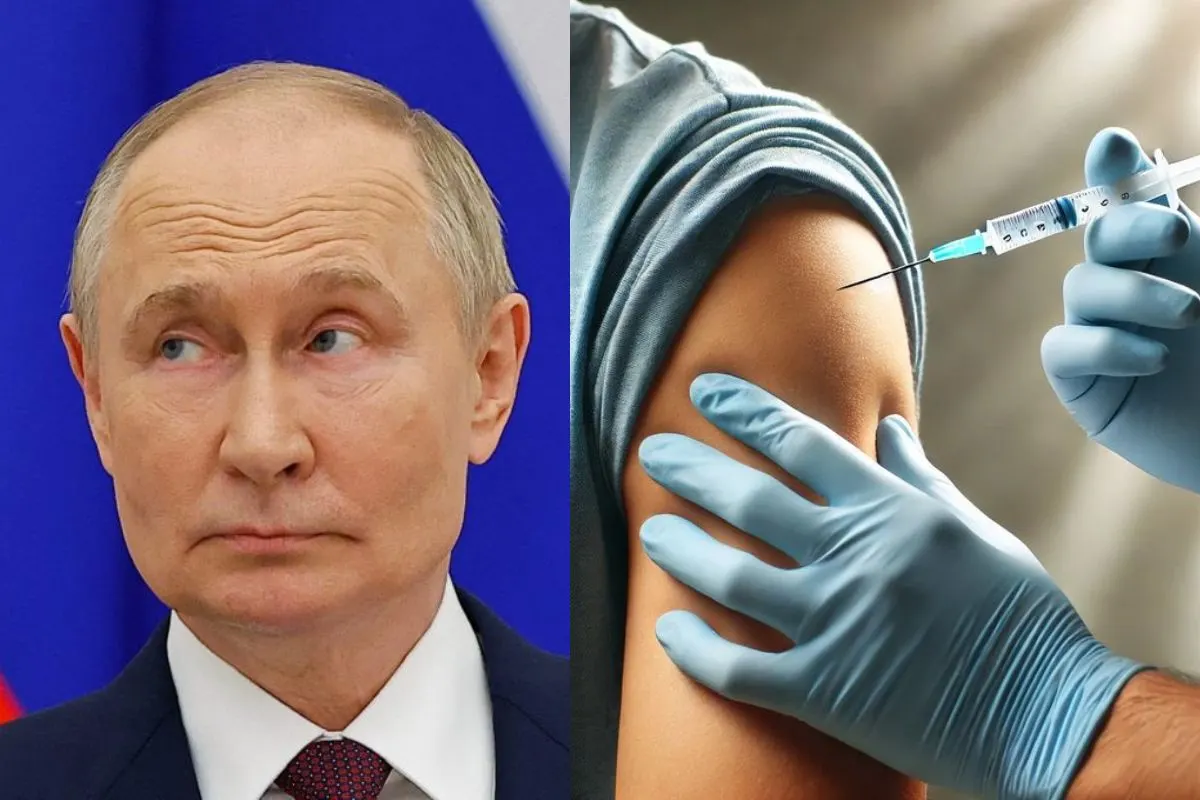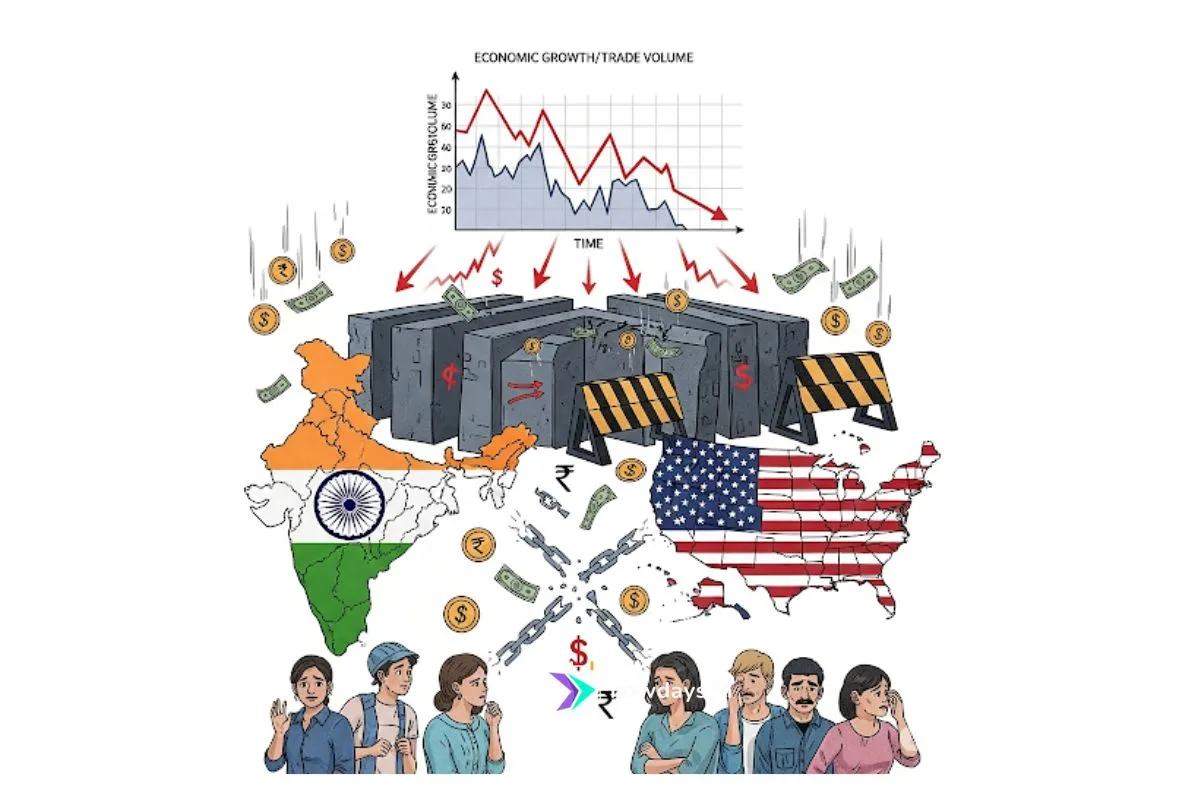In a significant development for oncology, Russia is set to commence human clinical trials for a personalized cancer vaccine, with plans to provide the treatment free of charge to its citizens . The trials, expected to begin as early as September-October 2025, will initially focus on patients with melanoma
The innovative therapeutic vaccine is being developed by the Gamaleya National Research Center of Epidemiology and Microbiology, the same institution behind the Sputnik V COVID-19 vaccine . The research leverages cutting-edge messenger RNA (mRNA) technology and artificial intelligence to create treatments tailored to each patient’s unique tumor genetics.
A New Frontier in Personalized Medicine
This therapeutic vaccine represents a departure from traditional cancer treatments. Instead of a one-size-fits-all approach, it is entirely personalized . The process involves:

- Genetic Analysis A patient’s tumor is genetically sequenced to identify specific mutations known as neoantigens—proteins found only on cancer cells.
- AI-Powered Design Advanced AI algorithms and neural networks analyze this data to rapidly create a custom mRNA blueprint . This technology has drastically reduced the design and production cycle to about one week.
- Immune System Activation The resulting mRNA vaccine instructs the patient’s own cells to produce these specific neoantigens. This “teaches” the immune system to recognize and mount a targeted attack against the malignant cells throughout the body, including the primary tumor and metastatic growths.
Alexander Gintsburg, director of the Gamaleya Center, stated that the drug is “created specifically for each patient using their unique tumor data, and cannot be used for anyone else” . Pre-clinical studies in animals have already shown promising results, indicating the vaccine can suppress tumor growth and prevent metastasis.
Clinical Trials and Future Expansion
The initial human trials will be conducted at two of Russia’s leading oncology centers: the Hertsen Research Institute and the N.N. Blokhin National Medical Research Center of Oncology in Moscow . Due to its highly individualized nature, the vaccine is being advanced under a new, specialized regulatory pathway established by the Russian government.
JUST IN: 🇷🇺 Russia to begin human trials for cancer vaccine, rolled out to patients for free. pic.twitter.com/TtP8IoGYyS
— BRICS News (@BRICSinfo) August 3, 2025
While the first phase targets melanoma, researchers are already working to adapt the vaccine model for other aggressive cancers, including pancreatic, kidney, and non-small-cell lung cancer.
Expert Reaction and Global Context
The announcement has been met with both optimism and caution from the international scientific community. Experts acknowledge the immense potential of mRNA technology in oncology, a field that is seeing rapid breakthroughs . Several countries and pharmaceutical giants like Moderna and Merck are also developing experimental cancer vaccines.
However, some Western scientists remain skeptical, emphasizing the need for transparent, peer-reviewed data . “Skepticism is warranted until we have data from a clinical trial,” Professor Kingston Mills, an immunologist at Trinity College Dublin, told Newsweek, noting the absence of published research in scientific journals . The success of the upcoming human trials will be critical to validating the vaccine’s efficacy and safety.
A National Health Priority
The Russian government has committed to covering the full cost of the vaccine for its citizens, with an estimated production cost of around 300,000 rubles (approximately $2,869) per dose . This initiative aims to address the significant cancer burden in the country, where approximately 4 million people live with cancer and over 625,000 new cases are diagnosed each year.
Officials have clarified that this is a therapeutic vaccine designed to treat existing cancer patients, not a preventative measure for the general public . As the world watches, Russia’s ambitious project could mark a pivotal moment in the global fight against cancer, contingent on the success of its forthcoming trials.











